Exploring 30 Similarities Between AWS and GCP Services
Amazon Web Services (AWS) and Google Cloud Platform (GCP) stand out as two of the most prominent cloud service providers in the market today. Both platforms offer a plethora of services designed to meet the diverse needs of businesses and developers worldwide. While they may have their unique features and approaches, there are numerous similarities between AWS and GCP services that users often encounter. Let's delve into 30 such parallels:
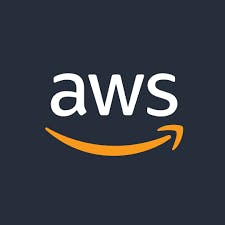
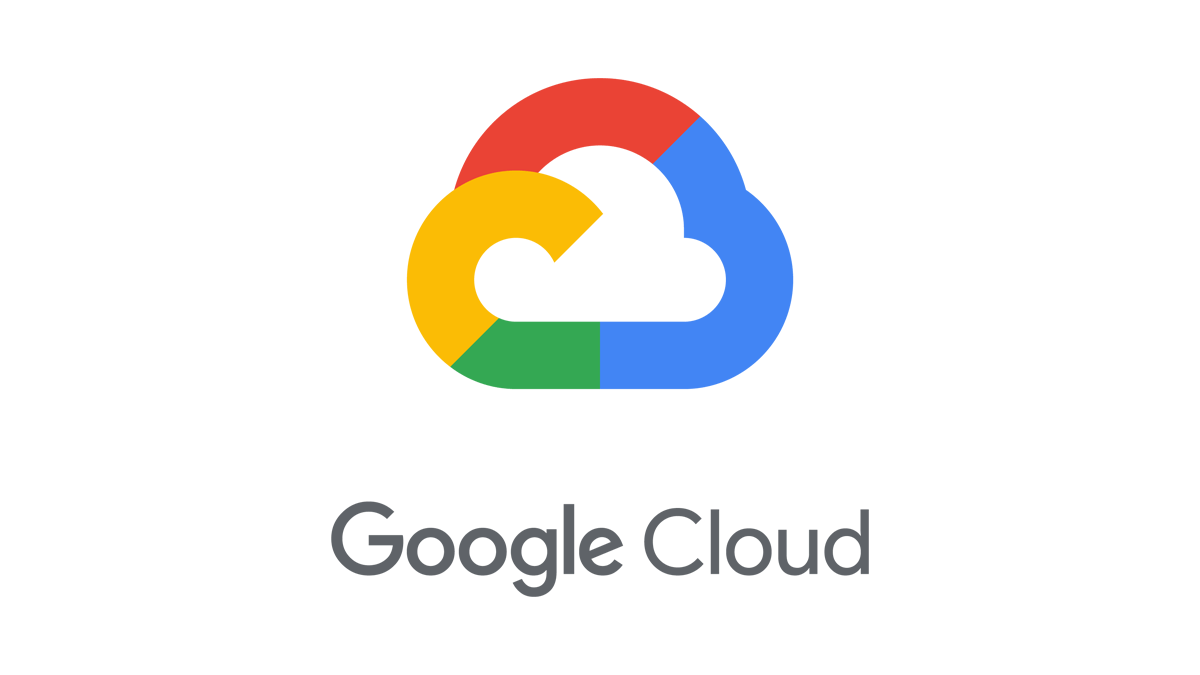
1. Compute Services:
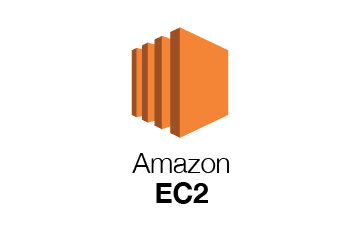
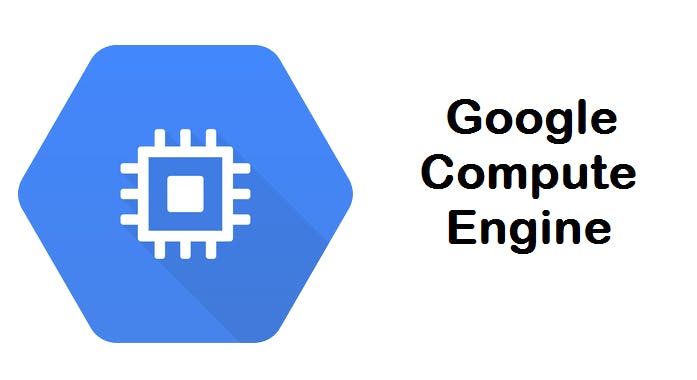
EC2 (AWS) and Compute Engine (GCP): Both platforms offer scalable virtual machine instances, allowing users to deploy and manage applications.
2. Container Orchestration:
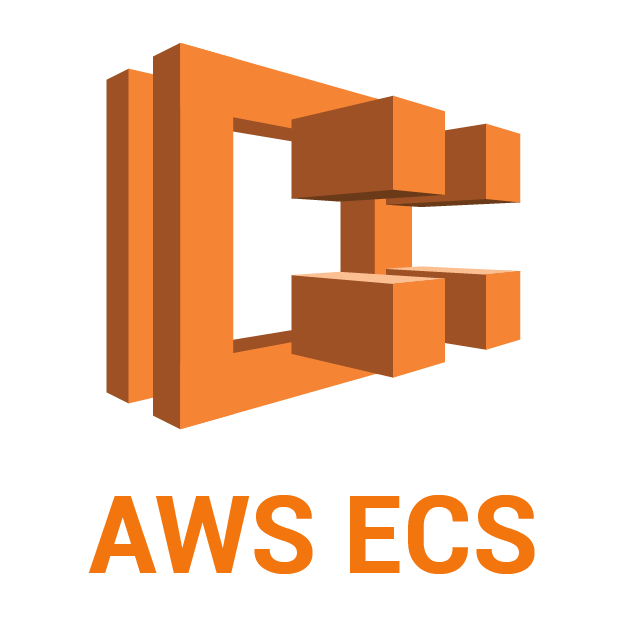

Elastic Container Service (ECS) on AWS and Google Kubernetes Engine (GKE) on GCP: These services provide container management and orchestration solutions for Docker containers.
3. Serverless Computing:
AWS Lambda and Google Cloud Functions: Users can run code without provisioning or managing servers, paying only for the compute time consumed.
4. Storage:
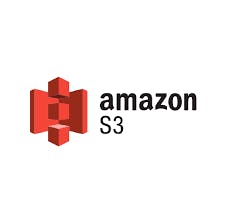
S3 (AWS) and Cloud Storage (GCP): These object storage services provide highly scalable, durable, and available storage for various types of data.
5. Database Services:
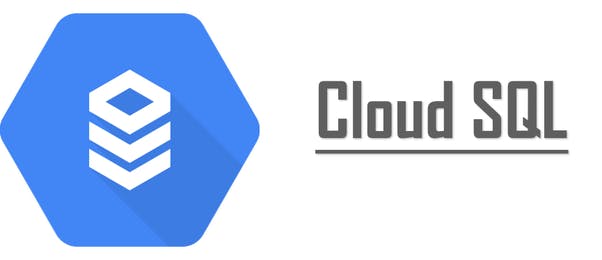
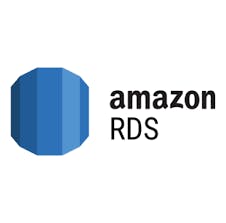
RDS (AWS) and Cloud SQL (GCP): Managed relational database services that support MySQL, PostgreSQL, SQL Server, and Oracle databases.
6. NoSQL Database:
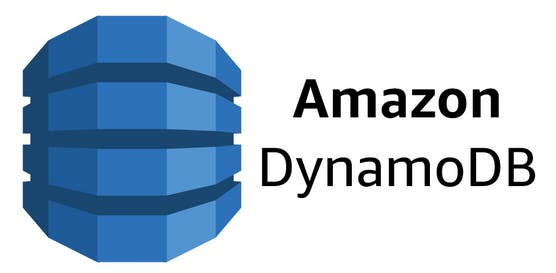
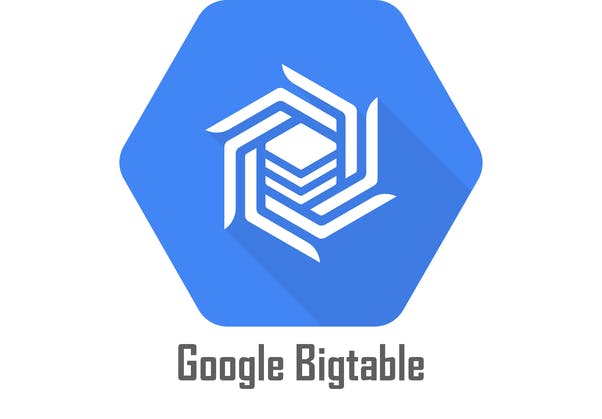
DynamoDB (AWS) and Cloud Bigtable (GCP): Highly scalable NoSQL database services suitable for large analytical and operational workloads.
7. Content Delivery:
CloudFront (AWS) and Cloud CDN (GCP): Content delivery networks that accelerate the delivery of content to users worldwide.
8. Load Balancing:
ELB (AWS) and Cloud Load Balancing (GCP): Both platforms offer load balancing services to distribute incoming traffic across multiple instances.
9. Identity and Access Management:
IAM (AWS) and Cloud IAM (GCP): These services provide centralized access management for users and resources.
10. Networking:
VPC (AWS) and VPC (GCP): Virtual Private Cloud services allow users to create isolated network environments.
11. Monitoring and Logging:
CloudWatch (AWS) and Stackdriver (GCP): These services offer monitoring, logging, and diagnostic capabilities for applications and infrastructure.
12. Data Warehousing:
Redshift (AWS) and BigQuery (GCP): Managed data warehouse solutions for analytics and business intelligence workloads.
13. Object Storage:
Simple Storage Service (S3) (AWS) and Cloud Storage (GCP): Both offer scalable object storage suitable for a wide range of data types.
14. GPU Instances:
EC2 GPU Instances (AWS) and GPU Instances (GCP): Users can leverage GPU-accelerated computing for high-performance workloads such as machine learning and graphics rendering.
15. File Storage:
Elastic File System (EFS) (AWS) and Filestore (GCP): Managed file storage services for cloud-based applications.
16. DNS Management:
Route 53 (AWS) and Cloud DNS (GCP): Domain Name System (DNS) web service providers for managing domain names and routing internet traffic.
17. Key Management:
AWS Key Management Service (KMS) and Google Cloud Key Management Service (KMS): These services enable users to create and manage encryption keys for data encryption.
18. Message Queueing:
Amazon Simple Queue Service (SQS) (AWS) and Cloud Pub/Sub (GCP): Managed message queue services that decouple and scale microservices, distributed systems, and serverless applications.
19. Virtual Private Network:
AWS VPN and Cloud VPN (GCP): Virtual private network services that establish secure connections between on-premises networks and cloud resources.
20. Content Delivery Network:
CloudFront (AWS) and Cloud CDN (GCP): Both services help distribute content globally with low latency and high transfer speeds.
21. Container Registry:
Amazon Elastic Container Registry (ECR) (AWS) and Container Registry (GCP): Managed Docker container registries for storing, managing, and deploying container images.
22. Serverless Compute:
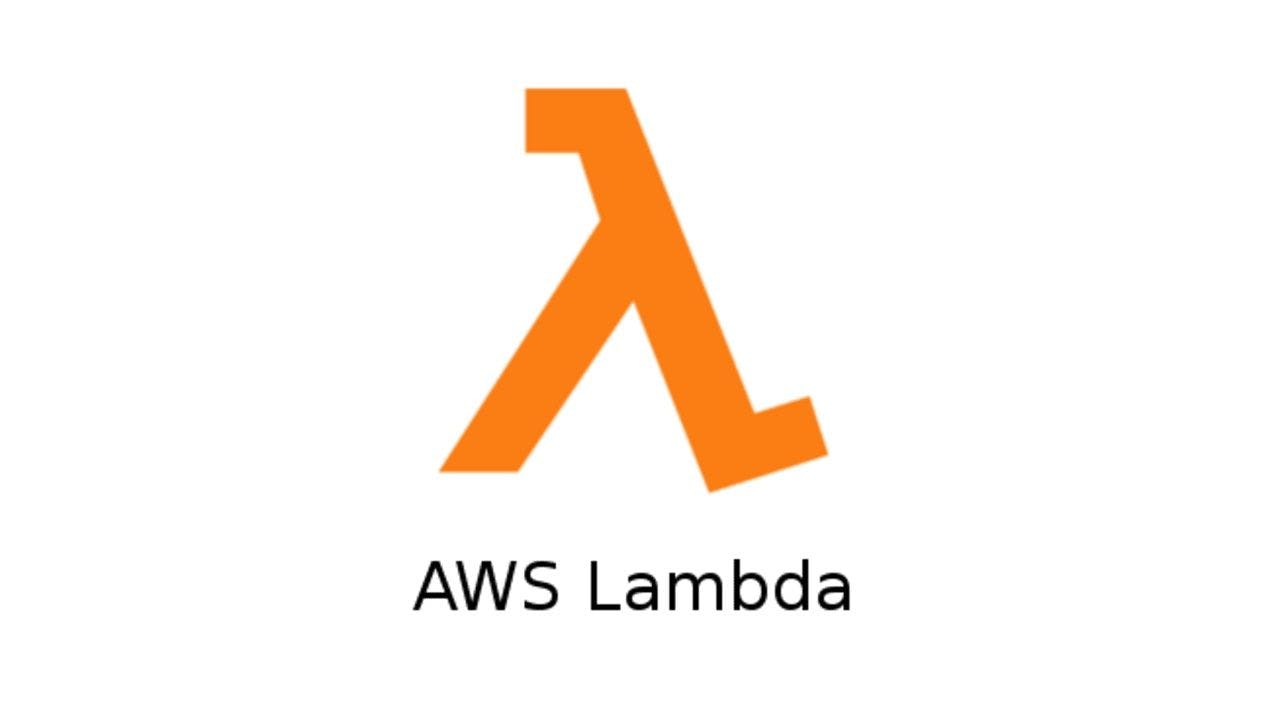
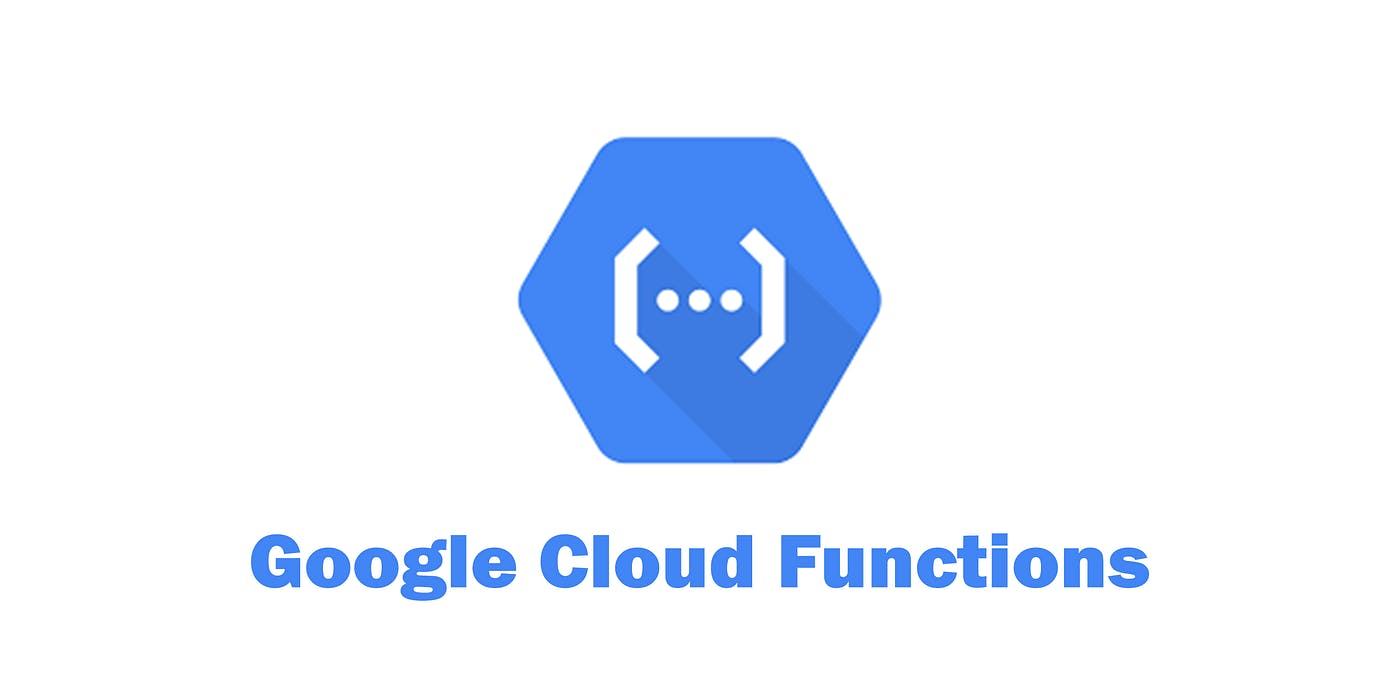
AWS Lambda (AWS) and Cloud Functions (GCP): These services enable users to run code in response to events without managing servers.
23. Managed Kubernetes:
Amazon EKS (AWS) and Google Kubernetes Engine (GCP): Managed Kubernetes services that simplify deployment, management, and scaling of containerized applications.
24. Data Transfer:
AWS Data Transfer and Google Cloud Transfer Service: Both platforms offer tools and services to facilitate the transfer of data into and out of their respective clouds.
25. Firewall Services:

AWS WAF (AWS) and Cloud Armor (GCP): Web application firewall services that help protect web applications from common web exploits.
26. API Gateway:
Amazon API Gateway (AWS) and Apigee API Platform (GCP): Managed services for creating, deploying, and managing APIs at scale.
27. Continuous Integration/Continuous Deployment (CI/CD):

AWS CodePipeline (AWS) and Cloud Build (GCP): These services automate the build, test, and deployment phases of the software delivery process.
28. DevOps Tools Integration:
AWS Developer Tools and Google Cloud Developer Tools: Suites of tools designed to help developers build, test, and deploy applications on their respective platforms.
29. Data Encryption:
AWS Key Management Service (KMS) and Google Cloud Key Management Service (KMS): Both platforms offer robust encryption solutions to protect data at rest and in transit.
30. Compliance and Security:
AWS Artifact (AWS) and Google Cloud Compliance (GCP): These services provide access to compliance reports and certifications to help meet regulatory requirements.
In conclusion, while AWS and GCP may have their unique offerings and approaches, users will find many similarities between the services they provide. Understanding these parallels can help businesses and developers make informed decisions when choosing the right cloud platform for their specific requirements.
Happy Coding :)